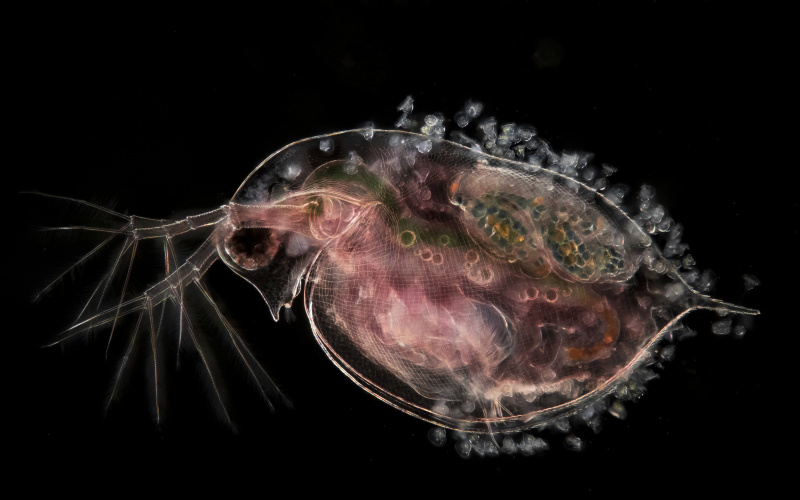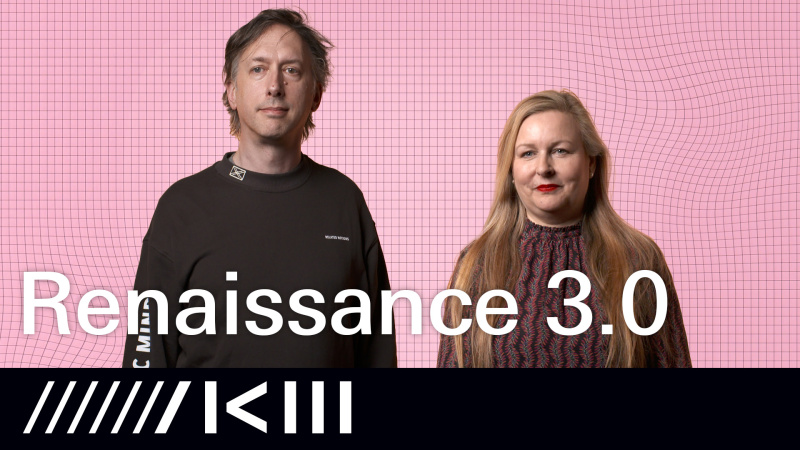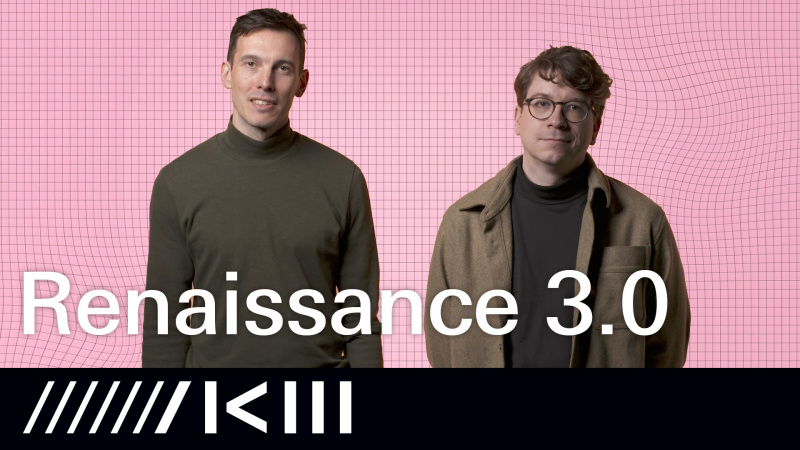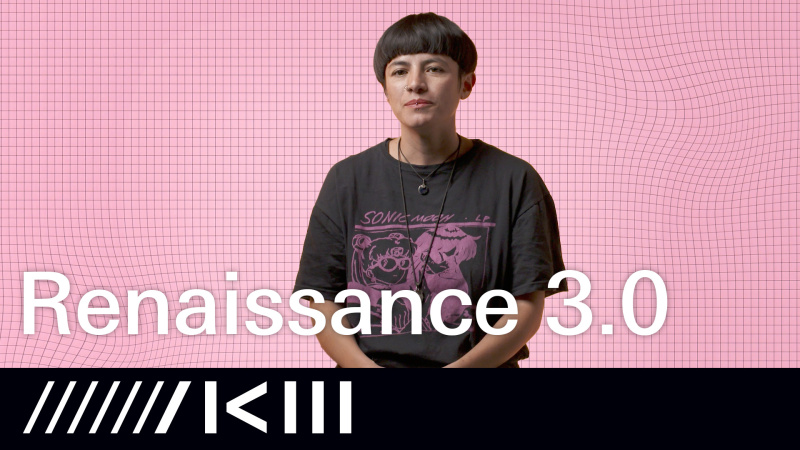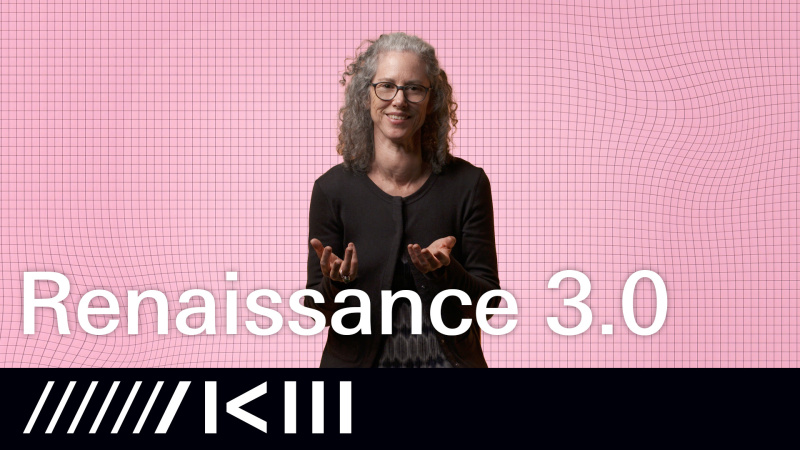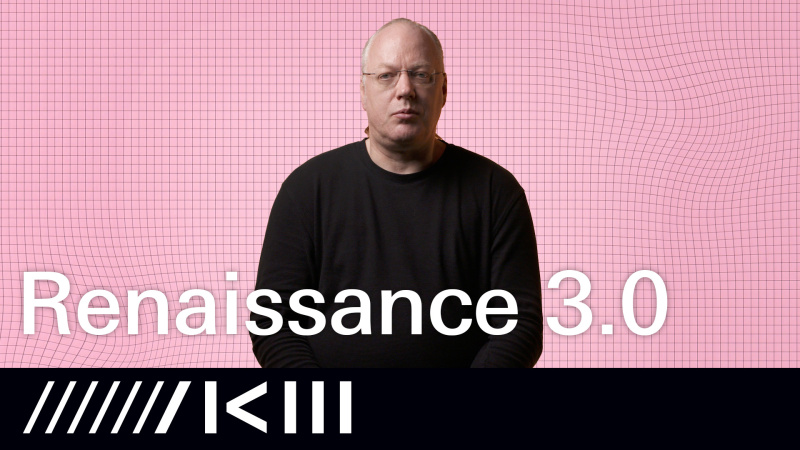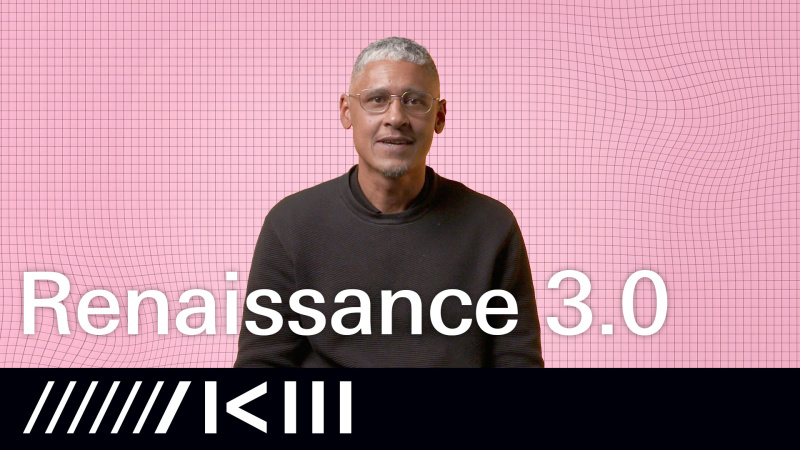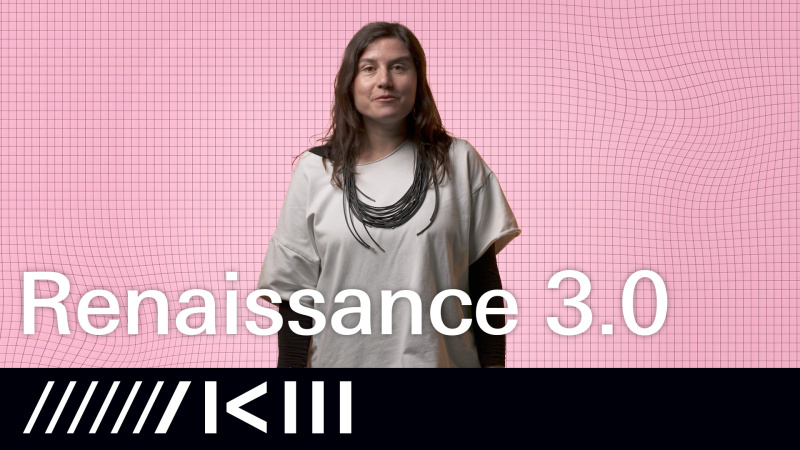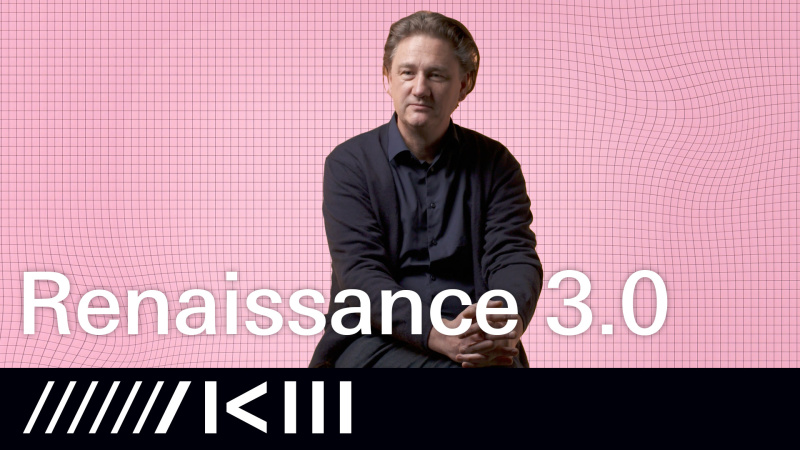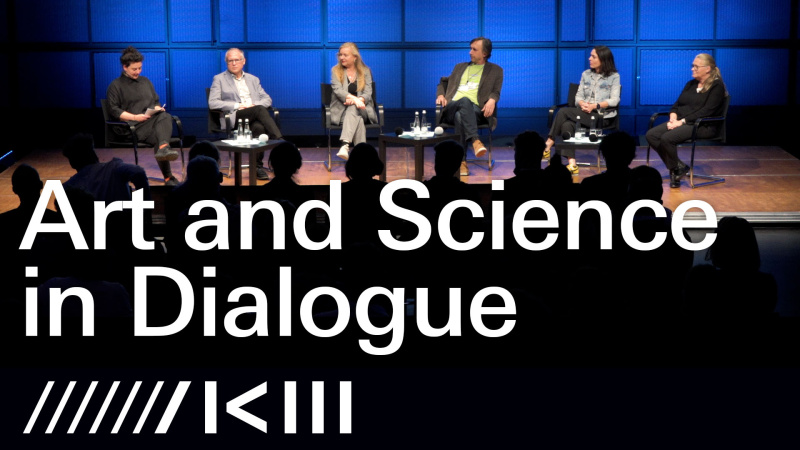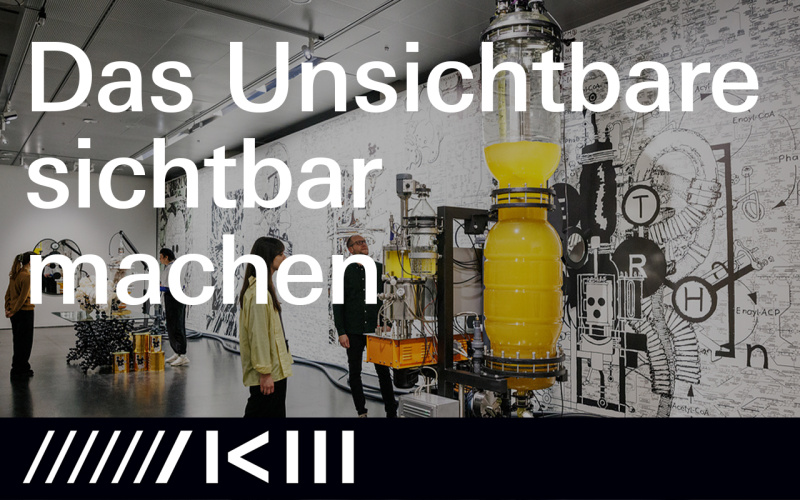Renaissance 3.0 - Lutz Dammbeck
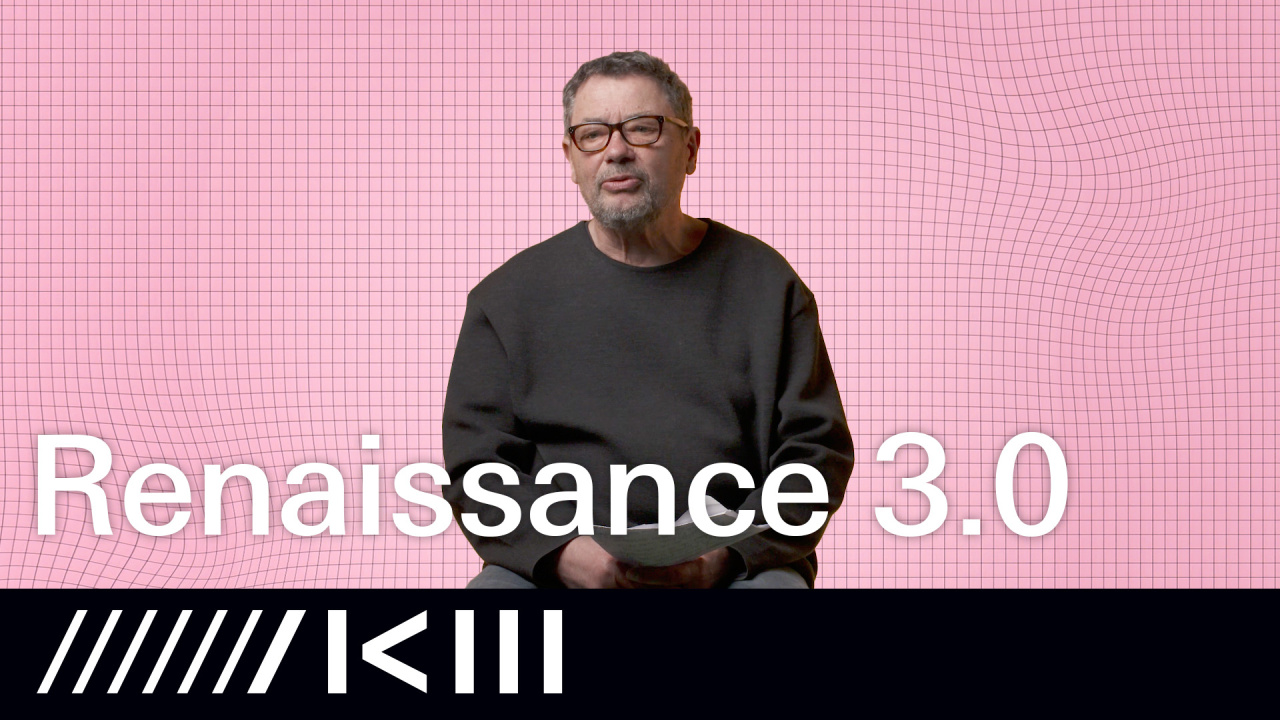
- Date
- Related Artist
- Lutz Dammbeck
- Duration
- 9:16
Description
The exhibition »Renaissance 3.0« establishes a base camp for new alliances of art and science in the 21st century.
Scientification of Art
The mathematization of the world has long since taken hold of art as well — a development that looks back on a long history. More than 1000 years ago, the Arab-Islamic Renaissance (800–1200), also known as the Islamic Golden Age, had already produced amazing (musical) devices and robot-like automatons, amongst other things.
The Italian Renaissance (15th to early 17th centuries) initiated immense civilizational innovations with the invention of perspective, the measurement of space, and the construction of complex mechanical machines. The basis of the 3rd Renaissance is that artists and scientists use comparable tools in the digital age. In addition to the current politicization of art, there is also a tendency towards its scientification. This becomes visible in the exhibition.
A common »pool of tools«
For a long time, art and science diverged. Art was primarily oriented toward things that could be perceived by the human eye. It remained within the horizon of natural perception. Science begins beyond natural perception. It has been observing the world with instruments since the 16th century. In this way it advanced to the hitherto inaccessible »res invisibiles« of the microcosm and the macrocosm.
With the rise of technical media, a turning point had come: artists began to take an interest in the use of "scientific" tools. Today, both disciplines increasingly work with the same tools, methods, and programs. This common »pool of tools« points to the beginning of a new renaissance, similarly realized by the Italian Renaissance. Leonardo da Vinci discussed in his »Trattato della Pittura« (around 1500): "Se la pittura è scienza o no" and came to the conclusion: painting is a science.
The Dawn of a New Renaissance
The exhibition presents contemporary approaches of artists who, on the one hand, continue the lines of research of the preceding renaissances and, on the other, open up new fields of research. It also features convincing parallel research or elective affinities between science and art. The focus is on a new culture of tools. On the basis of 35 media art positions, it provides insights into artistic laboratory situations and artistic-scientific collaborations that open up a shared multidisciplinary "Wissensfeld" (base of knowledge) for the 21st century — from biochemistry to genetic engineering and information design to neuroscience and unconventional computing.
With an extensive physical and digital outreach program, »Renaissance 3.0« offers spaces to discuss current technologies and findings and explore fields of knowledge within the alliance of media art and science.
